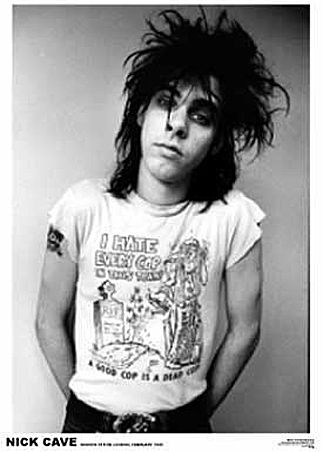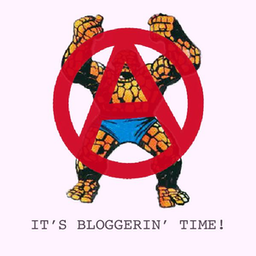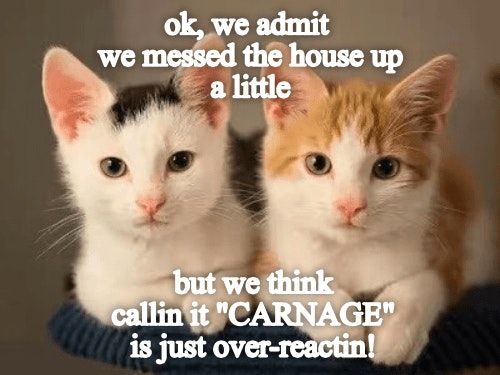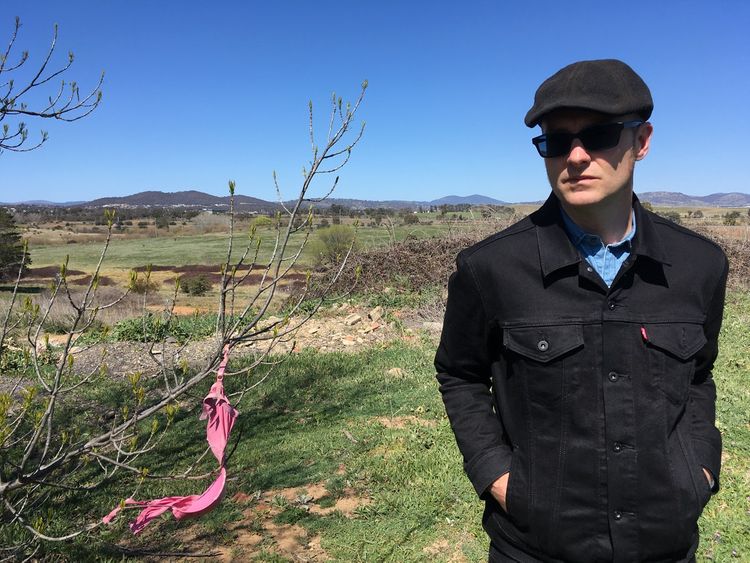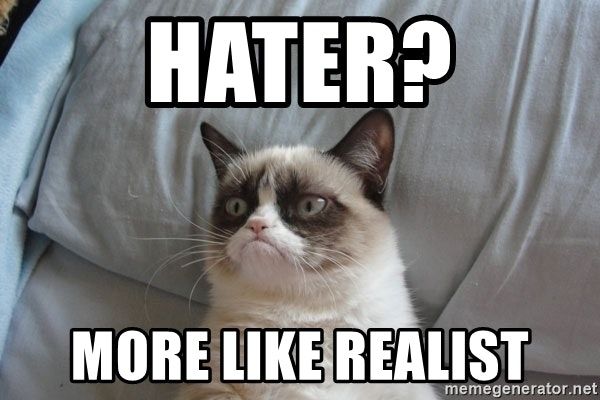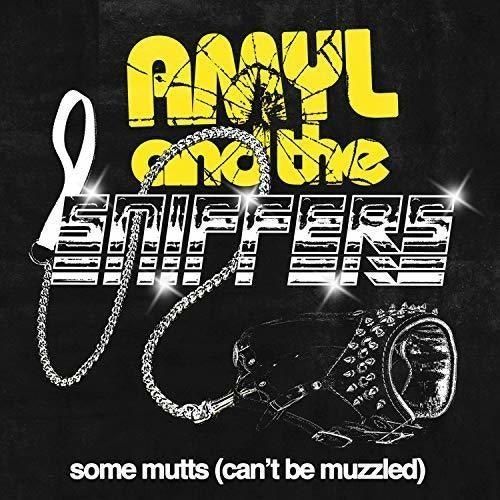Notes On "We Call Upon The Author"
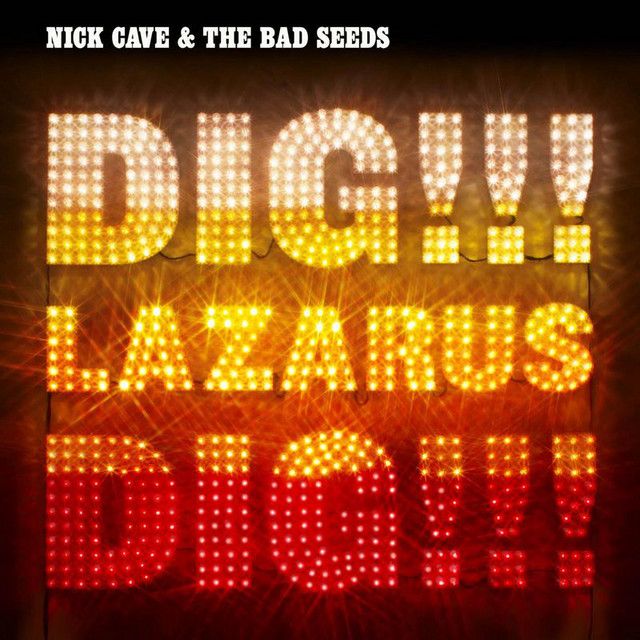
A particularly mean batcave blog once called my old band “the goth Hold Steady.” It wasn’t a compliment. How could it be? Maybe they meant I was smart or that I couldn’t sing or that I just looked too Jewy in a suit to pull off my Nick Cave cosplay act. Either way, it left me reeling at the insult and flattered, as I always am regardless of the context, at the attention. The comment also struck me as redundant. I’ve always liked my goth rock with too many words.
There’s a reason that, amongst the genre’s many sub-sects, the type of goth fandom drawn to the work of Nick Cave has been called “amphetamine” goths. Equally applied to Bad Seeds fans as Sisters Of Mercy fans (obviously), the term denotes the kind of vampire bat who prefers their songs to corner them at the bar and rant rather than the flowery graveside poesy oft spouted by some Lestatian front persons. Amphetamine goths don’t need to fetishize the graveyard. Their habits imply it enough.
That the term “Amphetamine goth” itself was maybe only used once to me, by one person, at one bar, hardly matters. It’s a cute term. Let blackclad logeria go nameless nevermore, nevermore, nevermore.
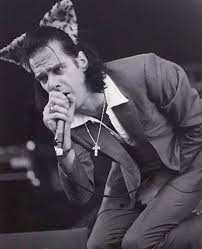
The song “We Call Upon The Author” is the sixth track on Nick Cave & The Bad Seeds 2008 album Dig, Lazarus, Dig!!!. The album, The Bad Seeds’ 14th, was considered a return to form after 2004’s Abattoir Blues / The Lyre of Orpheus. Abattoir Blues / The Lyre of Orpheus was considered a return to form after 2003’s Nocturama. Few artists are as simultaneously over and under praised as Nick Cave. Cave himself said, about Dig, Lazarus, Dig!!!, that "We wanted to get away from the congested sound of that last record," This is a nice way of conceding that Abattoir Blues / The Lyre of Orpheus (while excellent) saw the band occasionally veering into ‘70s Rolling Stones territory. Dig kept the the previous album’s boogie but, in drawing from the Bad Seeds side project Grinderman’s bullying garage rock moves, brought back some of the threatening lurch that some of us feared the band had discarded for good, way back in the 1990s. The early/mid nineties albums (Henry’s Dream, Let Love In, Murder Ballads), with their fatback alternative nation production, crossed Nick Cave over from semi-succesful dissolute curiosity in the Gun Club vein, to the sort of stardom that renders a singer a shorthand for an entire type of human. Dig, Lazarus, Dig!!! Brings back that trifecta’s swagger but strips away any grandiosity (both sonically, and Cave’s penchant in his lyric writing for mythmaking). Under the able production of the reasonably godlike Nick Launey (P.I.L., Gang of Four, INXS, etc. He’d work on YYYs’ perfect Is Is EP two recordings before and It’s Blitz immediately after), what remains is a bone dry rock and roll album punctuated by distorted organ trills and some of the most blackly amusing lines Cave has ever written.
I didn’t particularly care for the album when it came out. I was, at the age of thirty-three, getting into d-beat for the first time. I was on some sick “buy everything on the Maximum RnR top ten lists” kick. Feeling not adequately appreciated by the New York City Goth and Cocaine scene, I was forgetting everything Nick Cave taught me and wearing band t-shirts again. It was a grotesque grasping for relevance through UK82 revivalism and lurking the back wall of ABC No Rio.
That being said, the Disfear album from that year fucking GOES. Anyway, I was being a dork. Now Dig, Lazarus, Dig!!! Is one of my favorite Bad Seeds albums.
“We Call Upon The Author,” at its easiest (but not necessarily incorrect) reading, is about God. With a litany of complaints, ranging from the prosaic (“Down in my bolt hole I see they've published/ Another volume of unreconstructed rubbish”) to the tragic (“Well, rosary clutched in his hand/ He died with tubes up his nose”) to the horrific (“Well, he brings me a book on holocaust poetry – complete with pictures/ And then he tells me to get ready for the rain”) in each verse, followed each time by Cave’s defrocked priestly whine of “we call upon the author to explain,” only an atheist with an obstinate talent for projection would argue different. Conversely, Nick Cave has always kept renditions of faith in his art as worshipful of the trappings, iconography, and stories of faith as any notion of an actual living God. Dude’s relationship to The Mystery is wicked mysterious. If he were to claim that “The author” in the song is a meta reference to the artist’s work; the work of creation, I wouldn’t cry about it. Of course then the question is whether the author’s work is an extension/interpretation of God’s example (the creator’s creations creatin’!) or instead the mortal author creates (and lives) alone, with only the cruel joke of a mindlessly capricious universe to petition.
“We Call Upon The Author”- with its references to Bukowski, John Berryman, and Wallace Stevens- is also a song, in part, about poetry. This is not to say, while looking perfectly nifty on the page, its lyrics are poetry. One of my pet peeves is the applying the appellation of “poetry” to rock and rap lyrics like the applier is doing rock and rap a favor, as though the different mediums are in need of elevation (or implying that poetry can’t be gloriously low. That it’s so snobby as to not be accessible without a backbeat). Rock is good. Rap is good. Poetry is good. They can all freely associate as they please. This is, after all, America. But not one of them needs the other. Don’t let any critic, boyfriend, or Patti Smith ever tell you any different.
(My other pet peeve is doing the above but with “punk.” Like poetry and punk are the final forms of all art that should be so lucky. That’s a separate newsletter tho.)
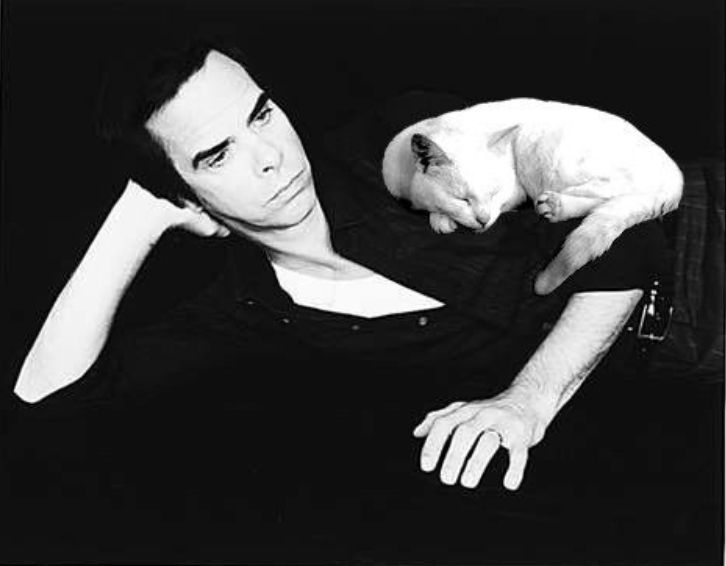
In “We Call Upon The Author,” Nick Cave sounds plenty put upon himself. Uncharacteristically hurried. He sets aside both his croon and his howl to pour syllables into measures like stone soup. He pushes and pulls at “nnnns”, placed before and after and in the middle of individual lines, to fill out (and occasionally overflow) whatever empty space his breath will allow. He grunts out his lyrics in a way that he hasn’t since he was a strung out baby faced stalagmite of black hair and ripped t-shirts, yowling in The Birthday Party. Or at least not since 1986, when, in the Revenge For A Mixed Review journo-dis song “Scum,” he spat out what still stands as one of the most trenchant pieces of art criticism criticism of our time (see Protomartyr’s recent The Aphorist for a recent addition to this very fine tradition). The through-line to Cave As A Young Punk is not overshadowed by even the song’s more thesaurusical literary reaches. When, in the chorus of “We Call Upon The Author,” Cave barks out “Prolix! Prolix! There's nothing a pair of scissors can't fix,” it’s the closest he or the rest of the Bad Seeds have come to a hardcore song since maybe the last time a young Jim Sclavunos walked by a CBGBs Sunday Matinee, on his way to do something freaky.
The charm in the line “Bukowski was a jerk! Berryman was best!” is self evident to anyone who has ever had a male roommate. I imagine the expansion of the Hard Living Male Fantasy literary canon, and the realization amongst twenty-something dirtbags that one can catch more flies with Maggie Nelson slipcovered honey than just announcing your crapulence on the first date, has reduced the number of Bukowski stans amongst the youth. But the world used to be lousy with them. The poetry (and suicide) of John Berryman encourages a fatalistic fanbase as well (Cave, Craig Finn, Nothing’s Dom Palermo etc) but, like Berryman compared to Bukowski, they at least tend to be better writers than your average nicotine stained bohunk. Cave has referenced Berryman before (Henry’s Dream is a direct allusion to the poet’s Dream Songs) but this is the first time he mentions him, or any poet, by name. Part of the fun of the song is seeing Cave step away from a career of framing his interests within folklore (such as rendering Elvis as elemental force in “Tupelo”)- or appropriating the Southern Gothics’ style in his tales of grotesque- and implicitly name names.
For myself, I’ve always been partial to the urbane romanticism of Frank O’Hara over even the smarter post-war drinkypoo existential sad bois. I prefer Eileen Simpson’s biography of the clique to the actual poetry of Berryman, Lowell, etc. In the same vein, I prefer Nick Cave’s singing of his fixations to the actual objects of his obsessions themselves. What’s goth worth anyway, if not a shorthand to Catholicism for non-believers? So it’s cool of Cave to extend those Cliffs Notes to the so-called “Confessional School” of poetry. (Not to mention Faulkner, Flannery O’Connor, The Bible, The Doors, etc… Cave’s catalog is a real time saver!)
The beat accompanying “We Call Upon The Author” is deceptively simple, as is Bad Seeds drummer/percussionist Jim Sclavunos’ steez. People tend to focus on Warren Ellis when they give The Bad Seeds their due at all. It takes nothing away from Ellis (who co-writes so many of the songs and provided viola, loops, and drum machine on the this track) to say that few can make a borderline krautrock dedication to directness swing as hard as Sclavunos can. Having “swing” should not be confused with “funky.” Atypical for The Bad Seeds, there’s no additional percussion, outside the kit and drum machine (the latter only really noticeable in the breakdown), layered into the mix. I’m sure there’s more but all I hear is kick, snare, the clacks of the rim(?) of the snare being hit. This starkness may account for the sinister ungroovyness. The beat is almost Chambers Brothers “Time Has Come Today” in its force. Every other heartbeat is a hard, tightly tuned snare hit that punctuates the run-on complaints of the lyrics. Providing comma and semicolon that allow for slurring digression, providing period and exclamation point to a rant that might be breathless without them. I guess arguably that’s what drums do most of the time in most songs, but it’s a sick beat regardless.
Martyn P. Casey. on bass. lurks throughout. He steps on the pedal after every “Prolix! Prolix! There's nothing a pair of scissors can't fix!” to add some in-the-red punctuation of his own. For guitarist Mick Harvey’s part, the Bad Seeds veteran (who’s been with Cave on and off since The Birthday Party) seems content to engage in a song-length No Wave sword fight with the organ (played by Cave). As the Bad Seeds are historically effortlessly tight, everybody in the band is on the same page. But no one not specifically playing rhythm seems overly concerned whether they’re holding the book containing the sermon right side up or not. And some, Harvey in particular, appear to be tearing up the page and eating it as they go.
The pulpit/congregation metaphor begs to be beaten to death. Totally possible the band had just been listening to a lot of early Roxy Music.
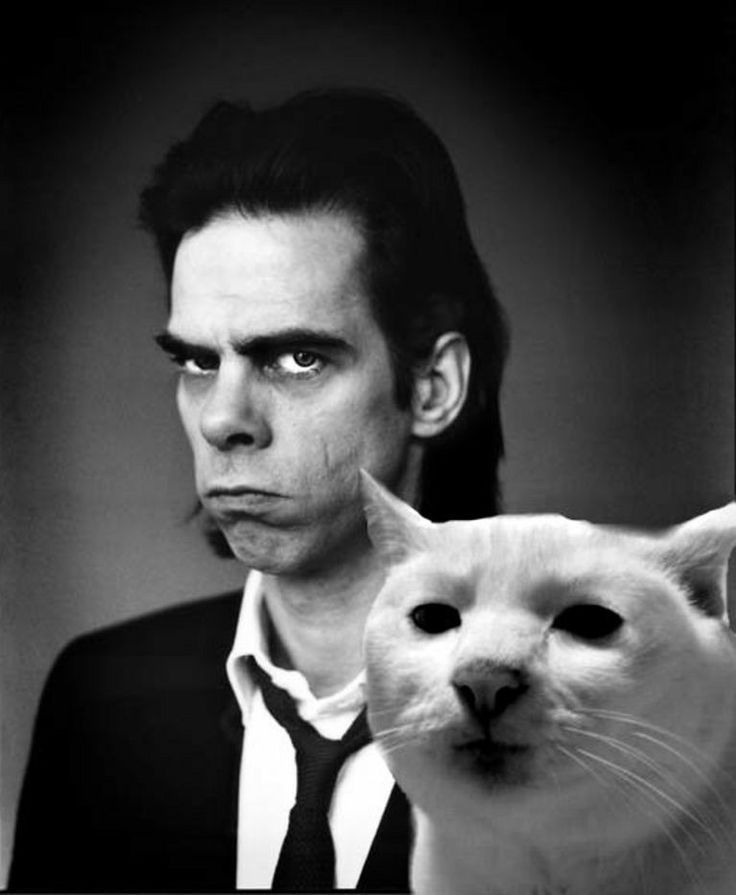
Going back to the song’s themes, Cave works within the tradition of hip hop groups/duos and allows his bars to jump from topic to topic, trusting that a general thrust will cohere. “Who is this great burdensome slavering dog-thing That mediocres my every thought?” Cave sings (like all the greats, he knows any good adjective works equally well as a verb). He follows with “I feel like a vacuum cleaner—a complete sucker! It's fucked up and he is a fucker. But what an enormous and encyclopedic brain!,” a barb which could be aimed at the universe’s Author. Or at himself, or some mortal asshole who wronged Cave (or the song’s protagonist) along the way. “Rampant discrimination/ Mass poverty, third world debt/ Infectious disease, global inequality/ And deepening socio-economic divisions/ Well, it does in your brain” feels almost like rote protest, but Cave is on record as distrusting the very idea of protest songs. Even assuming that, in 2008, he hadn’t yet drifted into some of the eyebrow raising philosophical territory he flirts with these days, it would be contextually silly to take these particular complaints at face value. The song’s protagonist may feel poorly about global inequality and whatnot, but certainly not with the specificity he reserves for the “myxomatoid kids” mounting him and his from behind. Along those lines; considering the lyrics “Well, I go guruing down the street/ And young people gather round my feet/ And they ask me things – but I don't know where to start/ They ignite the powder-trail straight to my father's heart,” it’s deeply confounding that people now read his Red Hand Files and insist on taking the man’s musings as cross stitched affirmations. Whether “I go guruing down the street…” is taken as autobiographical or not, it’s doubly confounding that Cave himself seems to have allowed, even welcomed, this tendency. I love all of Cave’s work. And I don’t begrudge him a sideline in blogging (his writing remains gorgeous even when I find his point of view baffling). But I strongly believe that the art of Nick Cave told us as much about life and its built-in tragedies when he focussed on lovesick succubi, bedeviled widow(er)s, and Stagger Lee’s ass-fuckery as now, when narrative addicted critics and fans alike take God’s No.1 Ambivalator’s every word as gospel.
Whatever. I’ve come to terms with the fact that when most people said “no more heroes anymore” they meant it in the St. Augustine “at least not yet” sense.
As I mentioned earlier, “We Call Upon The Author” could just (or in part) be a literary in-joke, even one just with Nick Cave himself. All the “prolix prolix” stuff could be about Cave’s career long tendency towards verbiage, a commentary on his reputation for that, or even a joke solely about the wordiness of the song it’s the chorus of. For all the grim weight of his lyrical concerns, the misreadings for pretentiousness from non-goths and fans alike, and his current talk about songs as sacred things, Cave is rarely self serious. For every literary allusion in “We Call Upon The Author,” there’s quadruple the dyspeptic girl group style backing vocals of “doop doop doop doop doop doop” ad infinity. To misquote Ringo in Hard Day’s Night, Cave is both rocker and mocker. More the former except when it’s the other way. When doing interviews for Dig, Lazarus, Dig!!!, Cave gave explanations of almost every song on the album except “...Author.” He would probably object to the over-reading of this essay, this prolix, itself. All these words and not a scissor in sight! But, then, Nick Cave is my author in only so many respects. And I too am allowed my kicks.
When I say that I like music with “too many words,” I should be clear that I mean “within reason.” In the interest of sparing feelings, I’ll spare the reader a list of who I don’t mean. Suffice to say that I like my rock lyrics (regardless the genre) the way I like my leprechaun; magical, pissy, and shorter than a book. Literature is swell, but it scratches a different itch than pop and I don’t necessarily need my itches mixed. But also if mere music was enough for me I’d listen to classical or learn how to dance. I like a singer with too much to say and with a lack of self control I feel in my barely employable bones. I want the overreach, the stuffing of syllables, the petitioning of a sky of indeterminate population; like the audience/Author/executioner is asking “any last words?” and the singer responds, “well… actually I do…”
Thanks for reading! Please share! The bar is still closed, unemployment runs out this week, and I don’t have the necessary skill sets to write about Taylor Swift! Zohra and I adopted two cats and those Temptations ain’t cheap! So please subscribe if you’re able. Thanks!
PS Here’s some other stuff I’ve written about Nick Cave! https://www.vice.com/en_us/article/nejxnb/the-guide-to-getting-into-nick-cave
https://clrvynt.com/nick-cave-one-more-time-review/
https://www.vice.com/en_us/article/gypxdx/theres-never-anything-quite-like-seeing-nick-cave-and-the-bad-seeds
And Jim Sclavunos! https://www.vice.com/en_us/article/gyp7ab/the-one-man-oral-history-of-new-york-rock?
